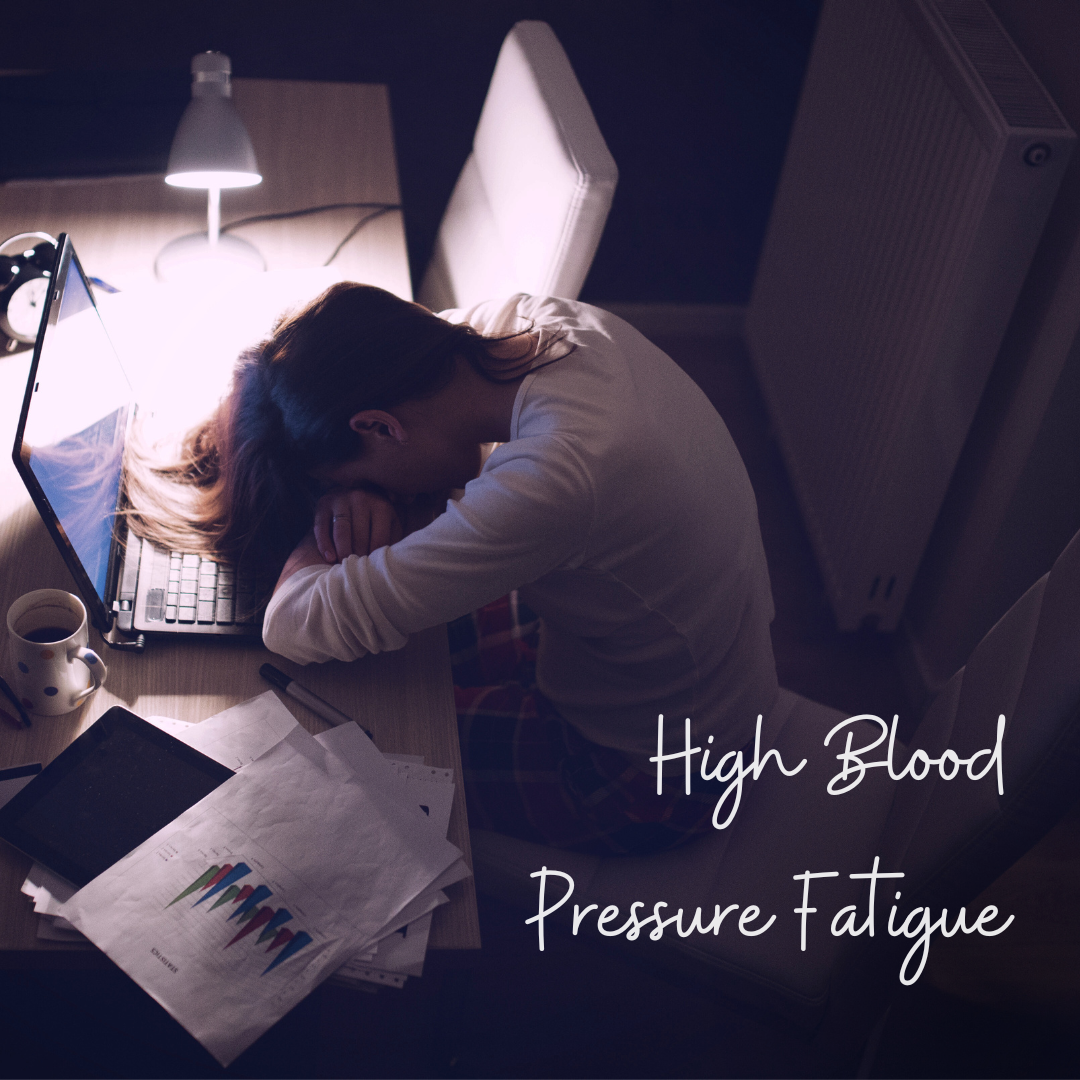Your shopping bag is empty
High Blood Pressure and Fatigue: Strategies for Management
- Posted by: Enquiry Admin
- Comments: 0
- Categories: Health
- Tags:
High blood pressure, or hypertension, affects a considerable portion of the global population, often accompanied by various symptoms that impact daily life. Also, one of the less discussed yet prevalent concerns among individuals managing hypertension is fatigue. High blood pressure fatigue encompasses persistent feelings of weariness or exhaustion that coincide with managing this condition. Understanding the intricate connection between high blood pressure and fatigue is crucial for implementing effective strategies that integrate elements such as ideal nutrition, proper hydration, and stress-relieving practices like meditation to manage both hypertension and associated fatigue.
Exploring the Relationship between High Blood Pressure and Fatigue
Research indicates a correlation between hypertension and fatigue. Elevated blood pressure levels place strain on the cardiovascular system, impacting blood circulation and oxygen delivery to tissues and organs, which may contribute to feelings of fatigue. Additionally, certain medications prescribed for hypertension management might have side effects. These may include fatigue, affecting individuals differently.
Ideal Nutrition: A Key Element in Managing High Blood Pressure Fatigue
A balanced diet plays a pivotal role in hypertension management and combating associated fatigue. The Dietary Approaches to Stop Hypertension (DASH) diet, endorsed for its heart-healthy benefits, emphasizes the consumption of whole grains, fruits, vegetables, and lean proteins. This dietary approach not only aids in controlling blood pressure but also contributes to overall energy levels, potentially alleviating tiredness.
Proper Hydration: Combatting Fatigue in Hypertension
Hydration is fundamental in managing fatigue linked to high blood pressure. Maintaining adequate fluid intake supports blood volume regulation, circulation optimization, and prevents dehydration—factors that can exacerbate feelings of tiredness. Emphasizing sufficient water intake alongside other healthy fluid options is beneficial in managing fatigue symptoms associated with hypertension.
Meditation and Stress Management: Tools for Fatigue Relief
Chronic stress, a contributor to high blood pressure, also plays a role in tiredness. Incorporating stress-relieving techniques such as meditation, deep breathing exercises, or mindfulness practices can help manage stress levels, potentially alleviating fatigue symptoms.
Holistic Approaches for High Blood Pressure Fatigue Management
Addressing this kind of fatigue requires a comprehensive approach. Healthcare providers often tailor individualized care plans encompassing lifestyle modifications, medication adherence, and stress reduction techniques. These plans emphasize the importance of ideal nutrition, hydration, regular exercise, and adequate sleep in managing both hypertension and associated fatigue.
Conclusion
In conclusion, understanding and addressing high blood pressure fatigue are integral parts of hypertension management. By adopting a holistic approach that includes ideal nutrition, proper hydration, stress reduction techniques like meditation, and personalized care plans, individuals managing hypertension can potentially alleviate fatigue symptoms and enhance overall well-being. Consulting healthcare professionals is pivotal for tailored guidance and strategies in managing it effectively.
This article aims to provide introductory insights into high blood pressure fatigue and its management strategies. For personalized advice and detailed guidance, consulting healthcare providers or medical professionals is essential.






